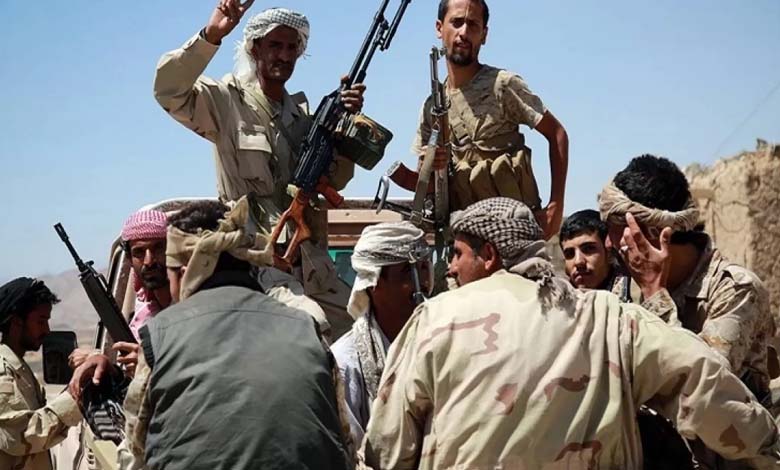Washington demands Houthis release employees of International Organizations
The U.S. State Department condemns the group's dissemination of false information about local employees of the U.S. mission through forced and fake televised confessions

The United States on Thursday called on the Houthi group to release dozens of “Yemenis working with the United Nations, diplomatic bodies, and non-governmental organizations” after fabricating espionage charges against them, which sparked widespread reactions.
In a statement, U.S. Ambassador to Yemen Steven Fagin urged the Houthis to “immediately release the detainees,” stressing that the embassy “will not rest until our local Yemeni employees return safely to their families.”
On Monday, the group said in a statement issued by its security apparatus that it had dismantled an American-Israeli spy cell in official and unofficial institutions in Yemen, without specifying their identities or nationalities. They added that this spy network was directly linked to the CIA.
In his statement, Fagin said: “It is shocking that in recent days, the Houthis have detained dozens of innocent Yemeni citizens, men and women, who work with the United Nations, diplomatic bodies, and non-governmental organizations.”
He condemned the “shameful broadcasting by the Houthis of forced and fake charges” against the detainees, adding that “the Yemeni people deserve good treatment instead of the fictional Houthi lies aimed at imposing their tyrannical rule.”
The Houthi-affiliated Al-Masirah channel published a series of videos on its Telegram channel that it said showed the confessions of some detainees.
The U.S. State Department also condemned, in a statement on Wednesday, “in the strongest terms” the detention of Yemeni employees by the Houthis and the group’s dissemination of “false information about local employees of the U.S. mission through forced and fake televised confessions.”
The State Department accused the Houthis of “once again resorting to misinformation to justify their failures by blaming the United States and other foreign actors,” according to the statement.
The United Nations confirmed on Friday that 11 of its employees are “detained” by the Houthis in Yemen. It clarified that six of them work for the UN High Commissioner for Human Rights, while the other five work for organizations like UNESCO, UNICEF, the World Food Programme, the UN Development Programme, and the Office of the UN Special Envoy for Yemen.
UN Secretary-General Antonio Guterres called for the “immediate and unconditional release of all UN staff detained in Yemen by the de facto Houthi authorities.”
The internationally recognized Yemeni government announced a “wide campaign of arrests,” involving dozens of UN employees, UN agency workers, and the office of the UN Special Envoy, as well as workers from international and local organizations.
On Saturday, the Yemeni Ministry of Foreign Affairs expressed in a statement its “strong condemnation of the terrorist Houthi militia’s abduction of dozens of employees of UN agencies, international and local organizations in Sana’a.”
The Yemeni human rights organization “Mayyun” revealed, citing sources, that “the number of detainees reached 18 employees and workers of UN organizations and agencies and international organizations.”
-
A Yemeni website highlights the top 10 lies of the Houthi rebels in the year 2023… Get to know them
-
The United States implicitly acknowledges its mistake… Will the Houthis be reclassified as a “Terrorist Organization”?
Mohammed al-Basha, an analyst with the American consulting group Navanti, said the espionage accusations are a “pretext,” justifying that the aim of this measure is to “systematically eliminate the presence of NGOs in Yemen.”
He explained to AFP, before the Houthi statement, that the aim of these arrests is to force “foreign organizations or members of the international community seeking to establish or fund projects in the country” to deal exclusively with Houthi-run institutions.
-
Wadah Bin Attiya: What the Houthis are practicing is blatant piracy, exposed and outstanding terrorist acts
-
The Houthis and the Yemeni Muslim Brotherhood visit Hamas Office in Sanaa… What are their real objectives?
In the context of a current truce for nearly two years, Yemen has been at war for nearly 10 years between forces loyal to the legitimate government, backed by a Saudi-led Arab military coalition, and forces of the Iran-backed Houthi group, which controls several provinces including the capital Sana’a since 2014.












